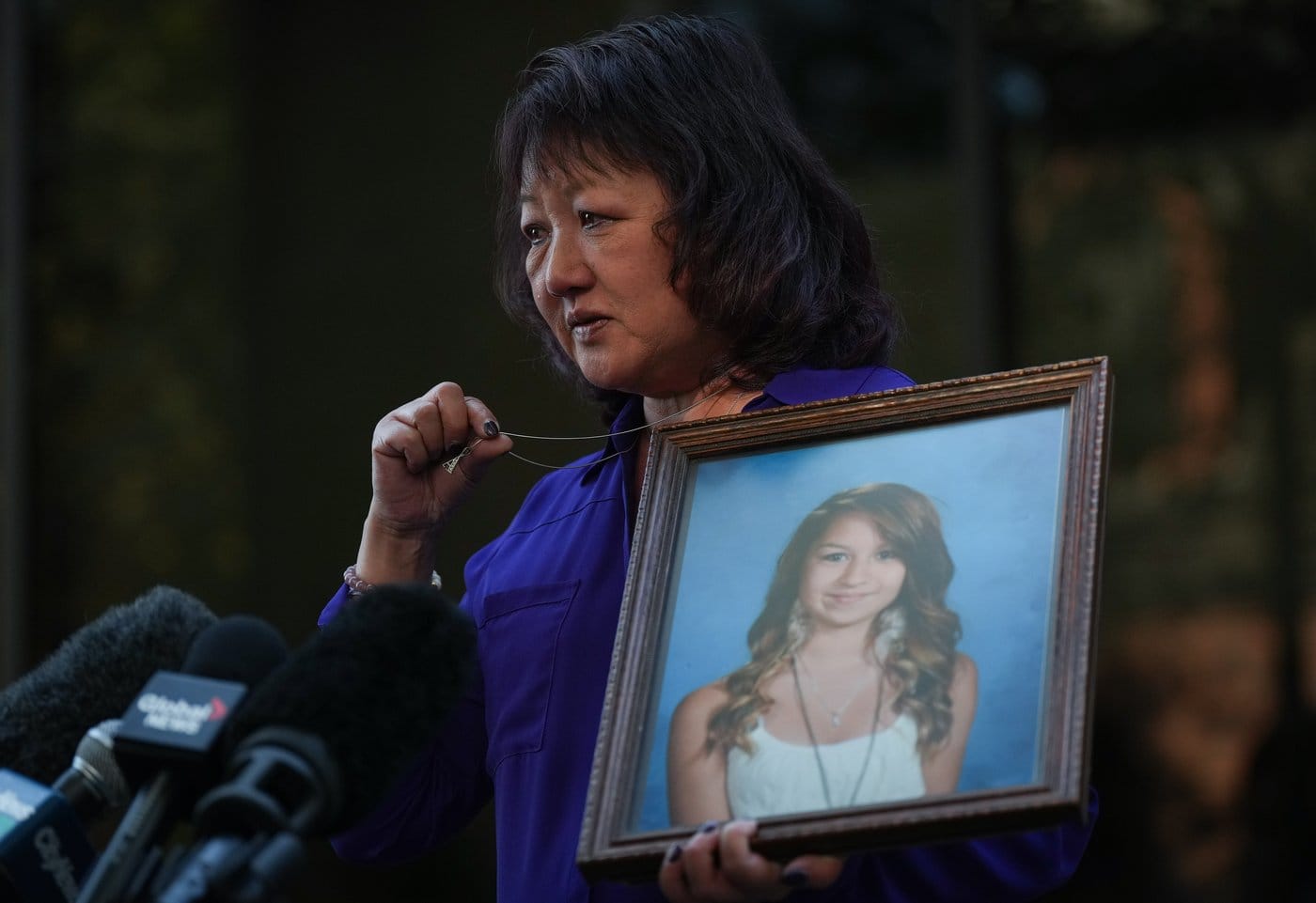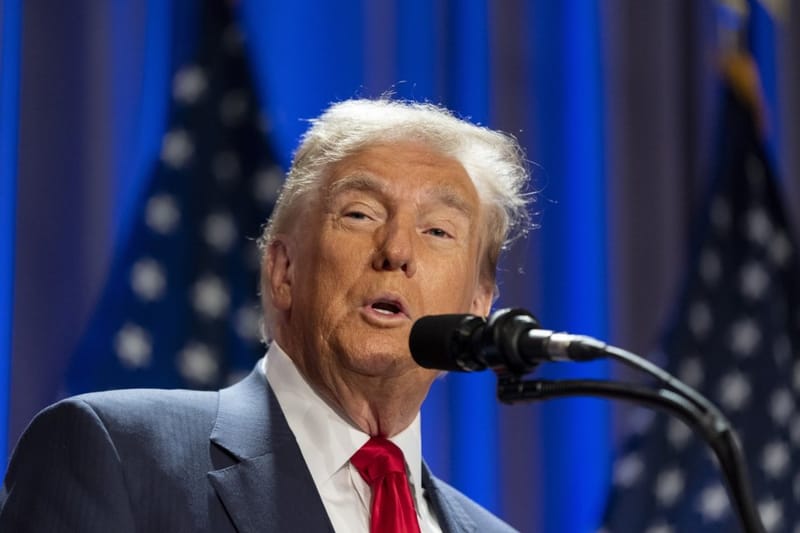Amanda Todd's family is suing social media companies with American parents
Amanda Todd started using Facebook in 2008, a time when her mother, like many others, believed the platform was fun and safe.

When B.C. teenager Amanda Todd recorded a video sharing her experience with bullying and extortion on social media, it struck a global chord with parents.
Twelve years after her passing, her family has joined others in a lawsuit, arguing that social media still poses persistent dangers to children.
Todd, aged 15, died by suicide in October 2012, only weeks after her video went viral.
“Why isn’t life safer for kids?” her mother, Carol Todd, asked from Port Coquitlam. “Why are there more kids being harmed?”
Earlier this month, a lawsuit was filed in Los Angeles County Superior Court representing 11 families—two of whom are Canadian—who claim their children suffered mental and physical harm from social media platforms.
The lawsuit accuses major tech companies of intentionally designing products to engage children while neglecting safety.
Some children named in the lawsuit took their own lives after sextortion, where they were blackmailed with explicit content.
Others developed mental health issues, including eating disorders, depression, and required hospitalization.
The lawsuit targets Meta (the parent company of Facebook and Instagram), Snapchat, TikTok’s parent ByteDance, Discord, and Google, which owns YouTube.
Matthew Bergman, the founding attorney of the Social Media Victims Law Center, said, “What happened to these children was neither an accident nor a coincidence.
It was a foreseeable result of deliberate design decisions that they make to maximize engagement over safety…They make money by selling advertising to kids and selling kids’ data.”
Google denies the allegations, with spokesperson José Castañeda stating that the company has developed policies alongside experts to ensure age-appropriate content and parental controls.
The other companies did not comment but generally state on their websites that they enforce age limits and remove harmful content.
This lawsuit is part of a growing number of cases against tech companies, alleging harm to children due to social media exposure.
Cited documents include the Facebook Papers, leaked by a whistleblower, which reveal Meta’s internal approach to attracting young users.
Amanda Todd started using Facebook in 2008, a time when her mother, like many others, believed the platform was fun and safe.
However, Todd soon became a target of extortion. A Dutch man, Aydin Coban, blackmailed Todd with a compromising photo taken when she was 12.
He used 22 online aliases to harass her over two years.
Coban was convicted in Canada of harassment and extortion, and similarly convicted in the Netherlands for targeting 33 other young individuals.
The lawsuit contends that platforms like Meta could have implemented measures to protect minors, preventing strangers from contacting children online.
The suit also includes the family of Harry Burke, a 17-year-old from Prince Edward Island who took his life after being sextorted on Snapchat.
The lawsuit represents other American families, claiming their children experienced depression and suicidal thoughts due to social media exposure. U.S. Surgeon General Vivek Murthy recently emphasized that social media contributes significantly to the mental health crisis among youth and proposed a tobacco-style warning label for platforms.
Bergman argues that social media platforms are “dangerous products…that foreseeably cause harm to kids” through design choices that increase engagement, which can lead to addiction and mental health issues.
Governments in both Canada and the U.S. are responding to the concern.
Canada’s Liberal government is working on an online harms bill, while the U.S. Senate has passed the Kids Online Safety Act, although its future in the House remains uncertain.
Carol Todd urged parents to seek support from organizations like the Canadian Centre for Child Protection and to create an open line of communication with their children. She joined the lawsuit to help make social media safer.
“I can’t bring my child back…but it’s to keep other kids safe.”





